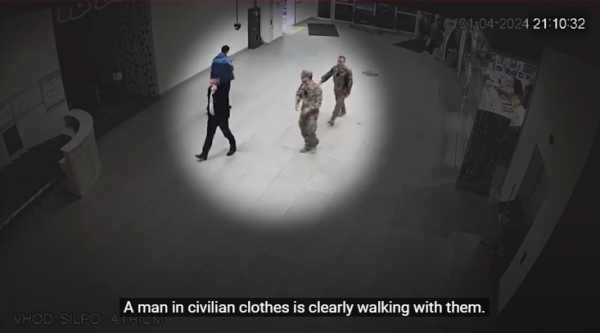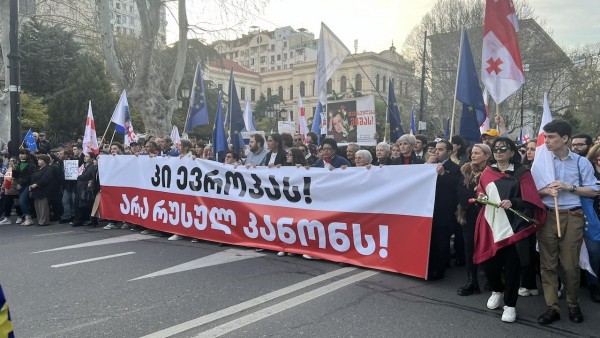The International Press Institute (IPI) has teamed up with the Balkan Investigative Reporting Network (BIRN) for the second in a series of free workshops aimed at helping Kosovo journalists tackle fake news and disinformation.
The March 24-25 event will bring together international experts in fact-checking and verification with mid-career journalists and journalism students from across Europe’s youngest country.
“Technology has allowed the ‘bad guys’ to up the ante in the fake news game, but it’s also enabling sophisticated tools to help journalists tell the difference between lies and reliable information,” Timothy Large, who coordinates the Investigative Journalism for Europe programme for IPI, said.
“This workshop will offer practical tips for getting to the truth, not least in the field of open-source intelligence, which is both a minefield and a goldmine of opportunity.”
The event is part of Solidifying the Resilience of Kosovo’s Current and Future Journalists, an EU-supported project to restore trust in media and maintain news streams that provide objective, fact-based and professional reporting in Kosovo.
On March 24, participants will interact via video call with specialists from Africa Check, Africa’s leading fact-checking organisation. On March 25, they will spend a day online with Berlin-based Eoghan Sweeney, founder of OSINT Essentials and a pioneer in the field of open-source intelligence.
The programme includes sessions on the following:
Dealing with the (mis)infodemic. An introduction to how and why false information spreads, the different types of dis- and misinformation, and current trends.
How fact-checkers work. Adhering to the International Fact-Checking Network’s code of principles, the fact-checking process and ways in which journalists can apply it in their day-to-day work.
An introduction to debunking false information. Basic tips and tools for identifying “fake news” websites and images or videos that are used to spread false information.
Health and science reporting in the infodemic age. Tips for finding credible data and preparing for an onslaught of false information related to the COVID-19 vaccine.
Geolocating content. Is that video or photo authentic? Where was it captured? Learn to use techniques and tools that can help you figure out the precise location shown in a piece of content.
Source analysis: Knowing more about a source’s identity, authenticity and motivations is an important step in content investigation. These techniques and tips will help you to dig deeper.
Reaching out: Dealing with the public. How best to approach the owners of user-generated content? Follow these tried-and-tested practices to protect both sides.
Maintaining integrity: Ethics of investigation. Just because you can doesn’t mean you should. Learn about the ethical issues involved in online investigation and how to handle grey areas as people’s information becomes more easily available.
Interested in taking part? Kosovo-based journalists and journalism students can apply here.
IPI and BIRN Kosovo plan to hold a third workshop in the late spring or early summer. Together, the events will allow international experts to share practical tips with 100 mid-career journalists and journalism students from across Kosovo. The initiative is supported by the European Union Office in Kosovo.



